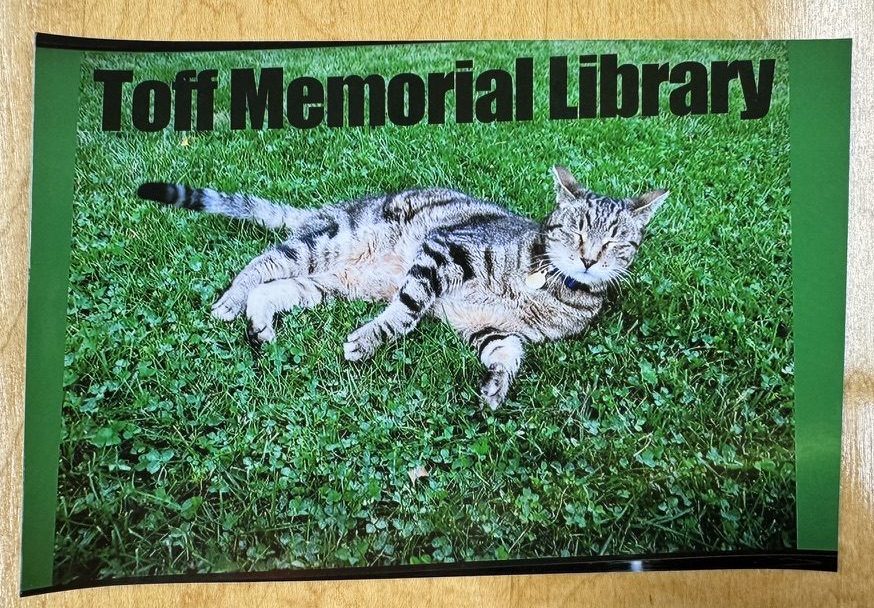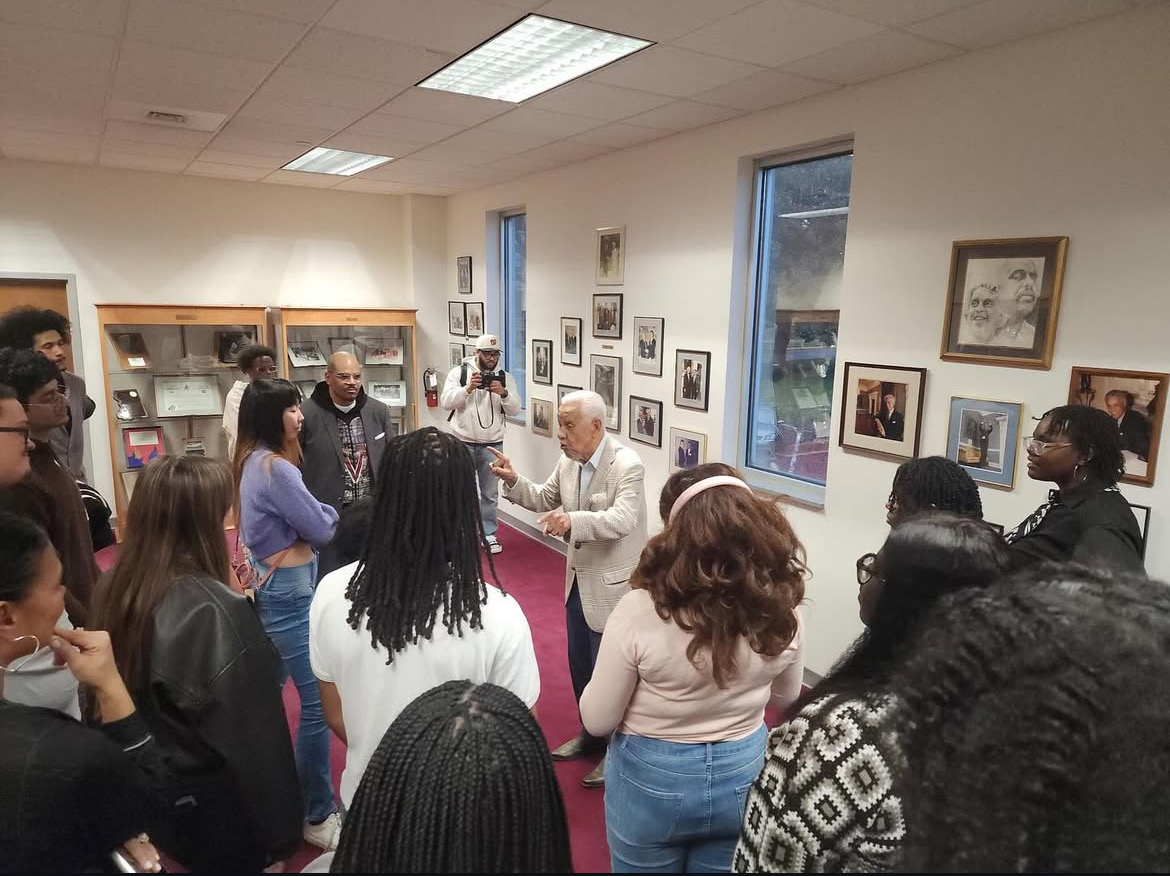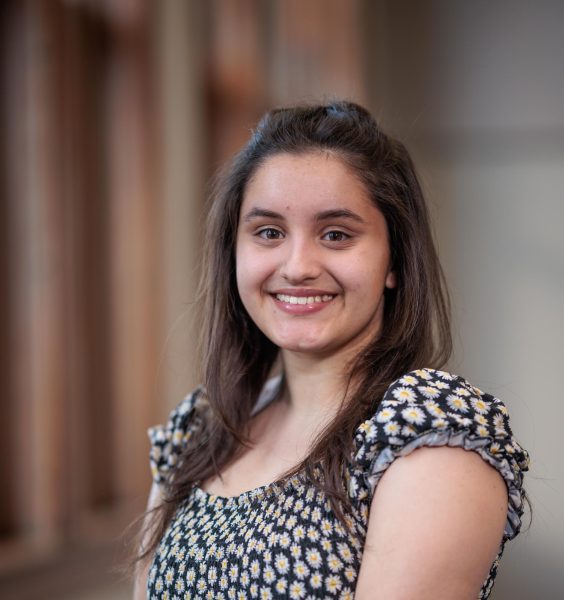As Fall Term progresses and the pandemic continues to evolve, so does Carleton’s response. Effective October 6, masks have no longer been required in common, indoor spaces as they were at the start of the term. Since this policy change, faculty have been charged with taking the initiative to decide whether or not masks would be required in their classrooms. The Carletonian previously spoke with faculty about their decisions immediately after the policy change was announced—receiving a wide range of thoughts. Now, after some time to reflect, three additional faculty members from different departments across campus weigh in to offer their perspectives on the mask mandate.
Professor Diane Nemec Ignashev, Chair of the German and Russian Department was the first to share her thoughts. Ignashev chose to continue with the mask policy. For Ignashev, the principal question was: Would my colleagues and my students feel comfortable in an environment where masks were not worn?
To gauge student opinion, Ignashev sent out an anonymous Doodle poll to students. The results indicated that there was a handful of students who would feel unsafe if masks were taken off in the classroom in each of her Introduction to Russian courses. This finding, coupled with the fact that several of her colleagues have small children who cannot not be vaccinated, led Ignashev to decide that she would maintain a masking and social distancing policy in both of her course sections.
For Ignashev, her decision was one that prioritized the collective; she could not “imagine wearing a mask or making that decision based on [her] own situation. It just doesn’t work that way at Carleton,” she said.
Ignashev also noted that her students were “really respectful” of the situation and that no one gave her or the students who were not comfortable with going maskless a hard time. “People seem to really care about each other and their opinions,” she said.
Professor Kayla Wright, a visiting instructor in Mathematics, likewise found it paramount to prioritize the comfort of her community and ultimately decided that continuing to require masks in the classroom accomplished this goal. “Safety and comfort is the number one thing,” said Wright, who added that she believes comfort in the classroom correlates with students’ academic performance.
Wright believes that most of the professors at Carleton have a strong relationship with their students, and this mutual respect allows for honest conversations on sensitive topics, such as new masking guidelines. “It was great that my students could tell me ‘Hey, let’s stay masked,’ and I felt glad that we had this freedom,” Wright said.
Anna Moltchanova, a professor of Philosophy, also remarked upon the respectful approach the Carleton community has maintained towards deciding upon new classroom mask guidelines. “I am very impressed with how non-judgemental and welcoming the variety of attitudes of students are on campus,” she said. Moltchanova is not requiring students to wear masks in her class, although she strongly recommends it. That said, many of her students continue to wear them.
Moltchanova described mask-wearing as being fueled by crowd behavior.
“When someone in a class stops wearing a mask, there could be a wave of people who stop wearing a mask as well. But on the other hand, most people wearing masks will make the person who doesn’t wear one stand out,” she said.
Looking towards the future, Moltchanova stated, “Common sense is something I want people to employ.” Expanding upon this, she suggested that masking in high risk environments, such as in more crowded classrooms, fell under this umbrella.
As Carleton continues to navigate shifting mask mandates amidst an ever-evolving pandemic, professors continue to prioritize respect for each other as they work with students towards a common goal of an eventual maskless and safe learning environment.














